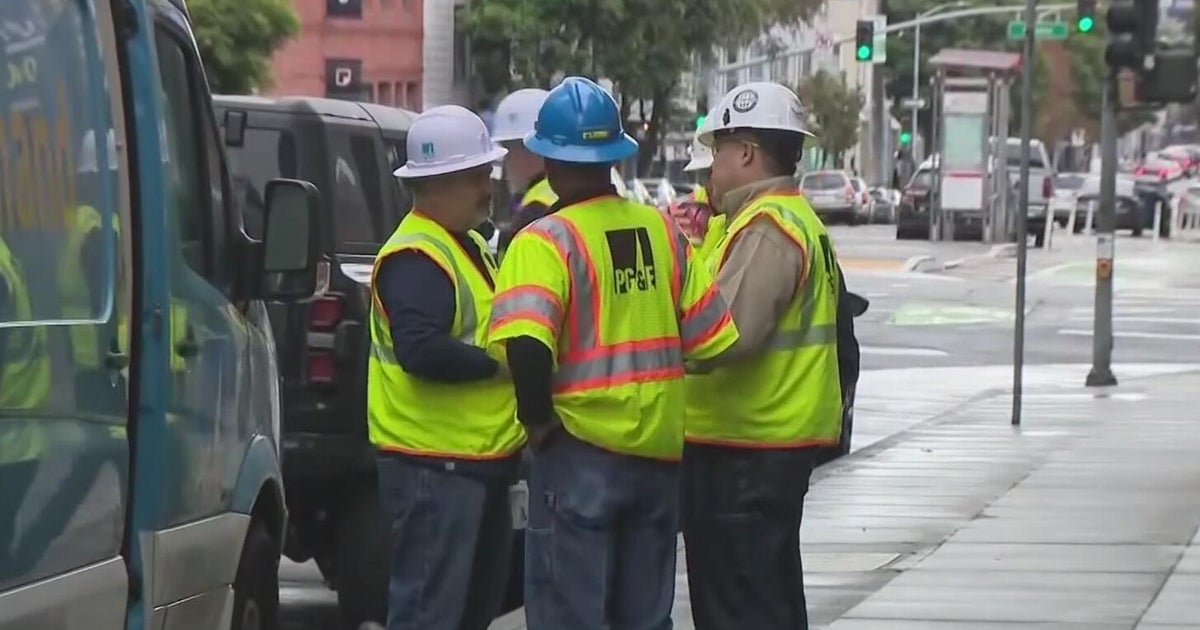In historic move, Vermont becomes 1st state to pass law requiring fossil fuel companies to pay for climate change damages
Vermont has passed a first-in-the-nation law that will require "Big Oil" to pay for damage caused by climate change, the long-term shift in weather patterns that is heavily influenced by fossil fuel emissions.
Vermont Gov. Phill Scott sent a letter to the state's General Assembly on Thursday allowing the measure, which proposes to establish the Climate Superfund Cost Recovery Program, to become law without his signature. In that letter, Scott said that "taking on 'Big Oil' should not be taken lightly."
"With just $600,000 appropriated by the Legislature to complete an analysis that will need to withstand intense legal scrutiny from a well-funded defense, we are not positioning ourselves for success," he said. "I'm deeply concerned about both short- and long-term costs and outcomes."
"Big Oil" – the world's biggest oil and gas companies – mostly relies on fossil fuels in their businesses, which are "by far the largest contributor to global climate change," according to the United Nations. The international group says that fossil fuels account for more than 75% of emissions of greenhouse gases, which trap heat in the atmosphere and increase global temperatures, leading to more extreme weather events.
Vermont is no stranger to the impacts of extreme weather. Last summer, the state was slammed by catastrophic flooding after an estimated two months' worth of rain fell within two days, an amount so significant and damaging that NOAA classified it as a billion-dollar disaster. The excessive precipitation left entire towns isolated and at one point, a railroad track dangling mid-air. As global temperatures rise, it causes precipitation to increase, fueling storm systems.
The Agency of Natural Resources would oversee the cost recovery program, which would assess a "cost recovery demand" for any entity or successor in interest to an entity that was in the business of extracting fossil fuels or refining crude oil. Entities would only be required to pay if the Agency determines that their products emitted more than 1 billion metric tons of greenhouse gases from January 1, 1995 to December 31, 2024.
The money gathered through this process would then be put into the superfund, which will be used to help the state adapt to climate change and develop more climate change-resilient infrastructure.
New York, California, Massachusetts and Maryland are also considering similar legislation.
"This bill represents a major step forward in ensuring that responsible parties, like Big Oil – companies like ExxonMobil and Shell that have known for decades that their products are disrupting the climate – be required to also pay a fair share of the cleanup costs," the Vermont Natural Resources Council said before the governor's official approval.
In an April letter to the Vermont House, the American Petroleum Institute, the largest lobbying group for the oil and gas industry, said it opposed the "bad public policy" as it "is not the way to effectuate" the bill's objective.
"API is extremely concerned that the bill: retroactively imposes costs and liability on prior activities that were legal, violates equal protection and due process rights by holding companies responsible for the actions of society at large; and is preempted by federal law," the letter states. "Additionally, the bill does not provide potentially impacted parties with notice as to the magnitude of potential fees that can result from its passage."
In his announcement of the bill's passage, Scott said he's aware the new law will face legal challenges. He noted, however, that the state's attorney general and treasurer both endorsed it and that the Agency of Natural Resources will have to provide a feasibility report in January.
Vermont state Rep. Martin LaLonde said in a statement that the bill did take into account input from legal scholars, saying he believes "we have a solid legal case."
"Most importantly, the stakes are too high - and the costs too steep for Vermonters - to release corporations that caused the mess from their obligation to help clean it up," he said.





